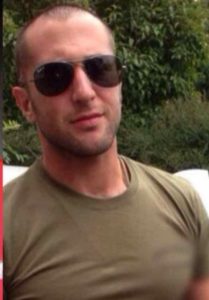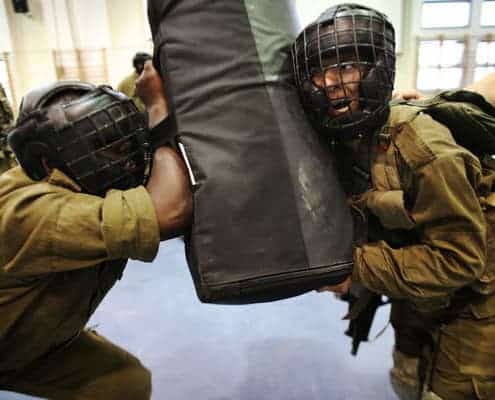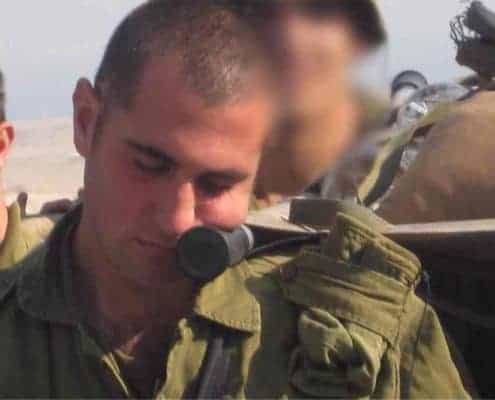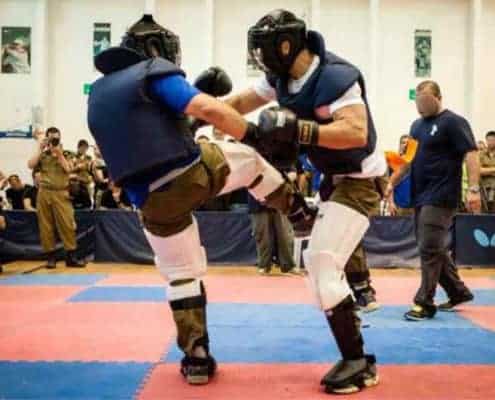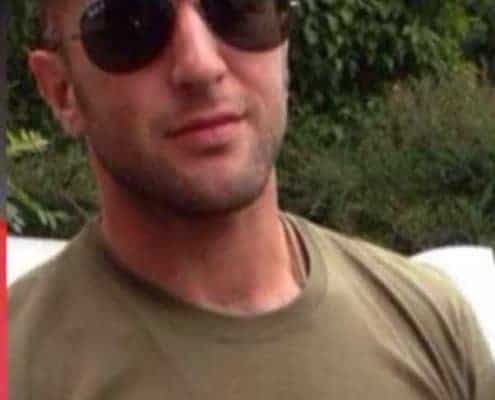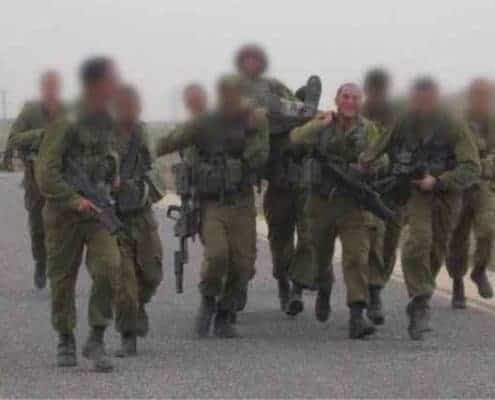Choosing the right association isn’t an easy decision. It has to represent your core values, meet high standards and be able to provide exactly what you and your students are looking for.
Having trained in a counterterrorism and reconnaissance unit within the IDF (Sayeret Golani), needless to say, I am a supporter of the philosophy and effectiveness of Krav Maga. I believe it’s simple and natural techniques are ideal for people to learn and can be applied to almost, if not all circumstances.
However, Krav Maga in the military and Krav Maga street defence are very different, albeit they share the same philosophy, or SHOULD at least share the same philosophy.
In the military, it’s battlefield designed, this simply means more rifle based techniques, a lot of aggression training with applied combatives and strength-conditioning with fitness based drilling.
Remember, your wearing military vests weighing around 15 kilos (potentially with an extra 30kg on top), plus your rifle which is about 10 kilos. Your also training to fight to the death if need be, after all this is war. Only when you get to the level of special forces does the Krav Maga get more detailed, more specific.
Krav Maga in the civilian context is different. You’re looking at everyday specific street attacks as opposed military combat and having a solid metal rifle at your disposal. However, the principles should remain the same.
Which is why when looking to become an instructor, I gravitated towards the British Krav Maga Association.
The same training principles I learned in the military were hammered home again and again with British Krav Maga, specifically:


